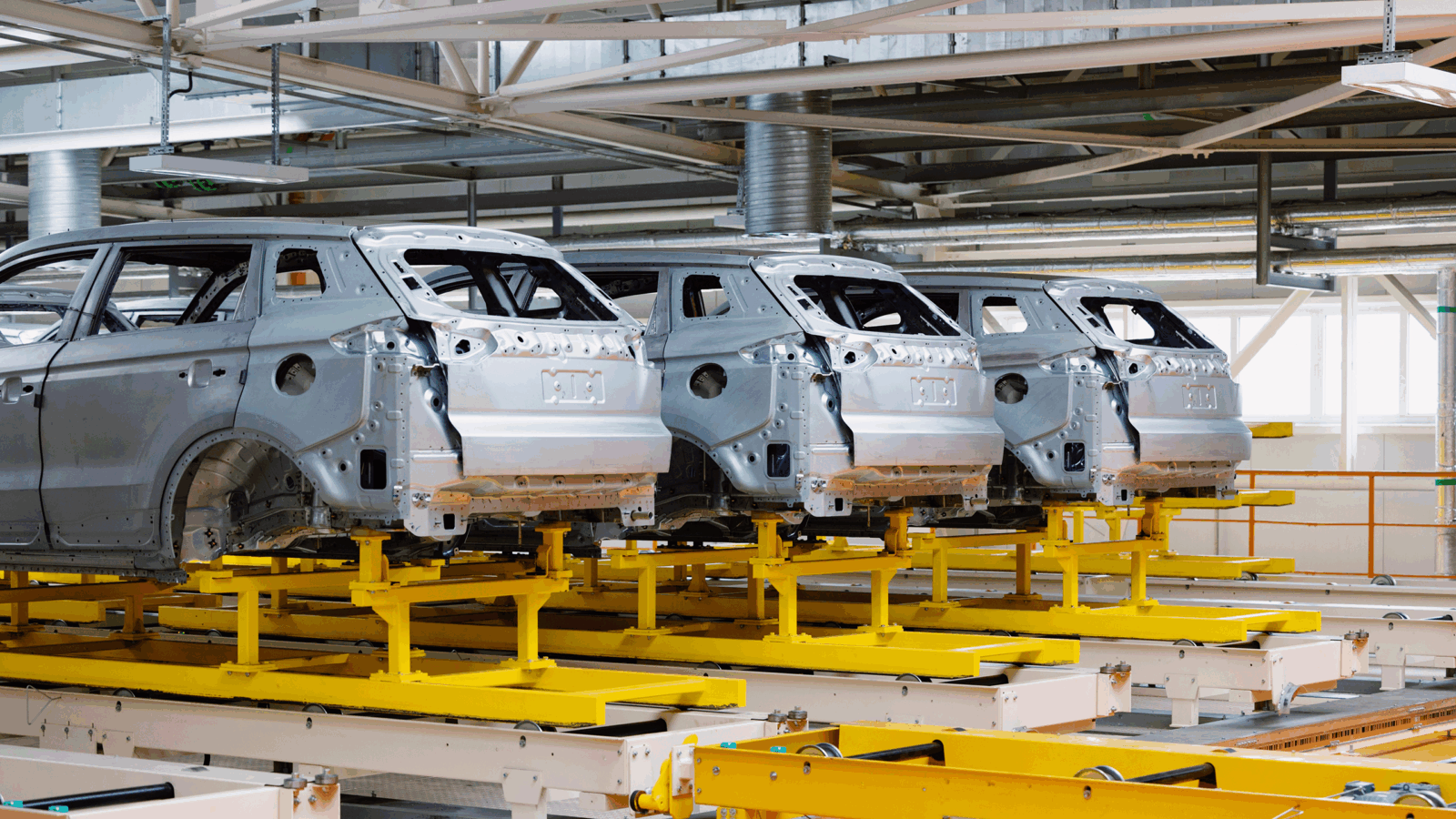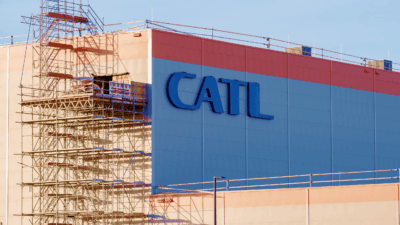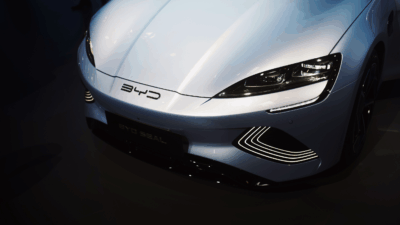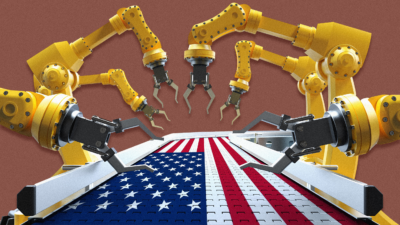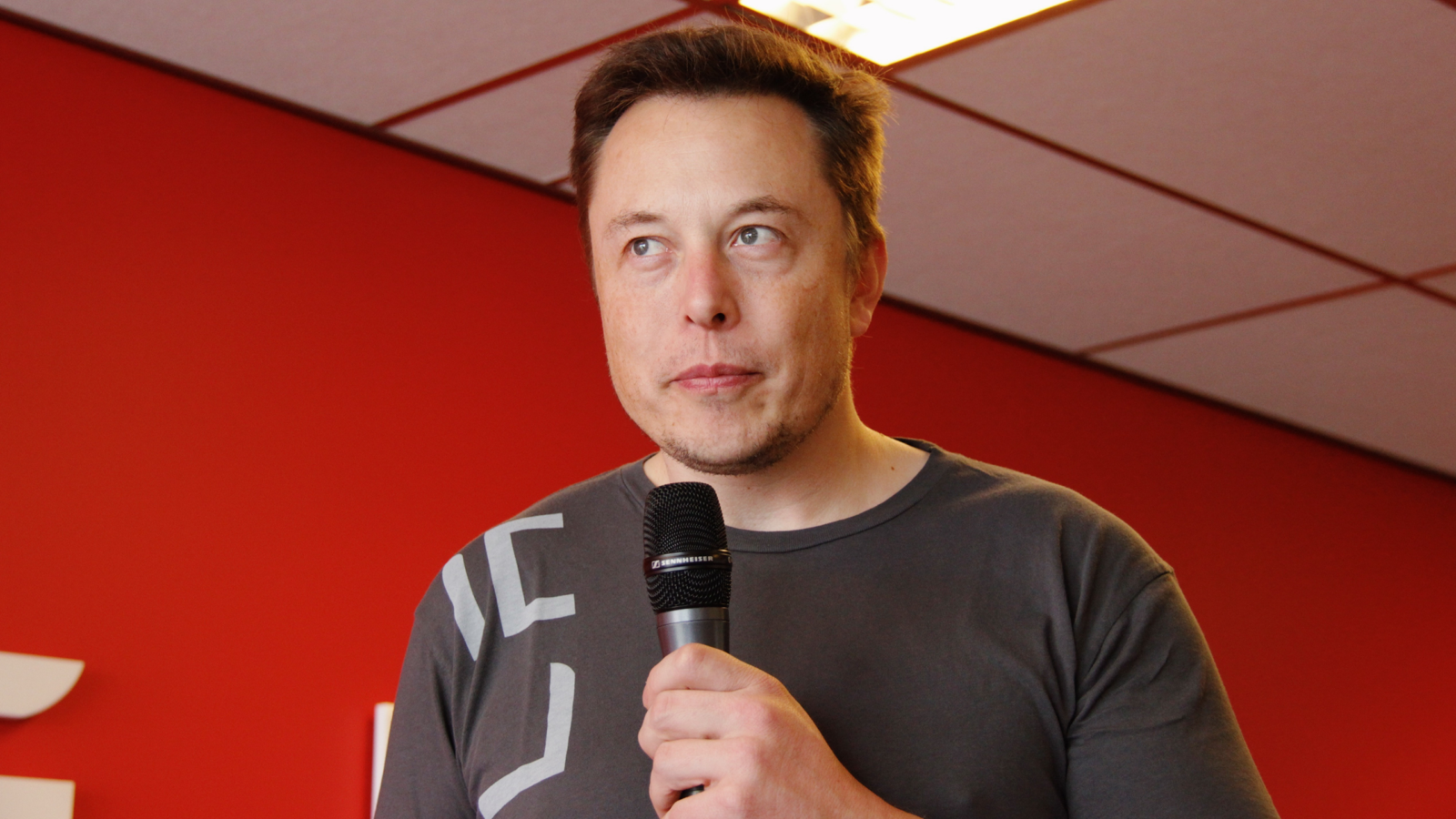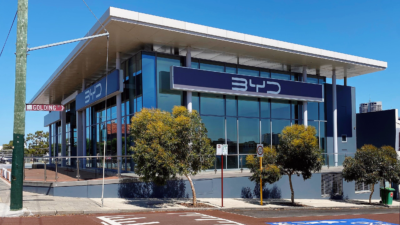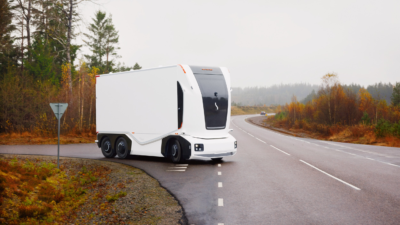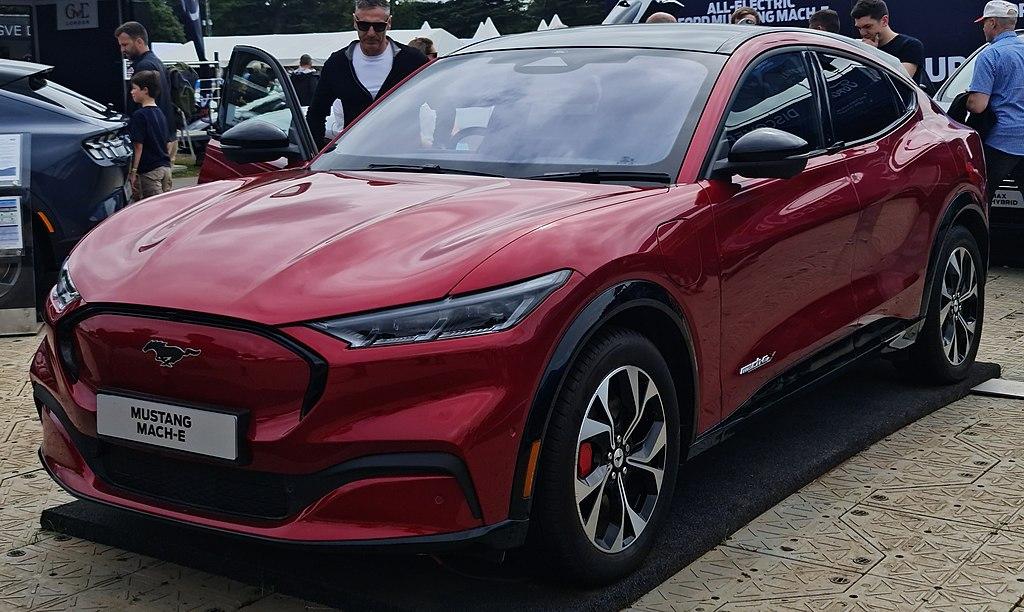
Sign up for smart news, insights, and analysis on the biggest financial stories of the day.
Ford and Tesla want to charge you less so that you’ll be charging more.
On Monday, the Detroit auto giant announced it is dropping the price of its electric Mustang Mach-E crossover by up to nearly 9%, depending on the model — just weeks after Tesla cut prices on several models in its fleet to stay competitive in the exploding EV market. Who says inflation is persistent?
Price Wars II: Electric Boogaloo
Elon Musk made the first move. Just over two weeks ago, Tesla slashed the price of its baseline Model Y by about 20% to $53k, and its high-performance Model 3 sedan by 14% to roughly $54k. The price cuts pushed Tesla’s products closer to the price range of Ford’s mid-tier Mustang Mach-E models, placing both cars below the $55k cap that gives customers access to a $7,500 federal tax credit.
Analysts instantly expected Tesla’s sudden change of pace (and no, we don’t mean this one, or this one… or any of these ones) to reverberate across the industry. Ford, which just increased EV prices over the summer, was the first to buckle, though the legacy automaker still has a lot of ground to clear to catch the industry’s pace-setter:
- Ford technically has six different tiers of its Mach-E car, with the price cuts averaging around 6% across the models, accounting for a “center cut” discount of roughly $4,500. The cheapest model will now run at $46k while the one with every bell and whistle included will run $64k.
- Last year, Ford was the number two EV seller in America, according to Motor Intelligence. But it still only held for some 8% of the US market while Tesla controlled a dominant 65% (down from 72% the year before); EV sales still only accounted for roughly 6% of all US car sales in 2022.
Van Life: It’s not all roses in the land of EVs. Also on Monday, UK-based EV van startup Arrival, which scored a $15 billion valuation just two years ago, laid off half of its remaining workforce, roughly 800 employees, and appointed a new CEO. The company says it does not expect production to begin until the second half of next year, though in December it also issued a “going concern” warning that its cash reserves were unlikely to last the next 12 months. Elon Musk has a lot of things keeping him up at night, but Arrival isn’t one of them.




